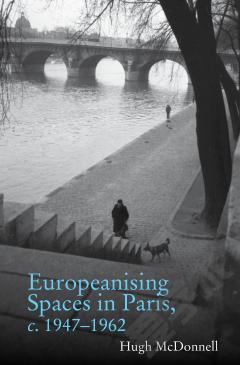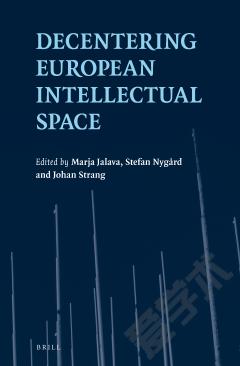Europeanising Spaces in Paris
This examination of âEuropeanising spacesâ looks at spaces in Paris in which ideas about Europe were formulated, expressed, exchanged, circulated, and contested during this post-war period, roughly between the escalation of the Cold War and the end of the Algerian war of decolonisation. The analysis includes not only explicit interventions about the continent, but also discourse that implicitly called into question the terms of thinking about the meaning of Europe and of Europeanness. âEuropeanising spacesâ is also taken to have three idiosyncratic definitions: 1. Europeanisation as a process; 2. Europeanisation as the refusal of the closure of the concepts of âEuropeâ and âEuropeannessâ; and 3. Europeanisation as disclosure, acknowledgement or appropriation of the concepts of âEuropeâ and âEuropeannessâ. The concept of space is broadly conceived to encompass academic scholarship, political movements, cultural groups, journals, literature, manifestos, photographs, images, and physical urban space. Individual chapters examine discourse about Europe and city spaces such as the cafe, the home, and the street; a section on political Europeanising spaces examines the Europeanism of the far right student group the Federation des etudiants nationalistes, and of the Paris-based Mouvement socialiste pour les etats unis dâEurope; and a section on cultural Europeanising spaces includes chapters on the representation of Europe in the culture of Spanish anti-Francoist exiles in the French capital in this period, in the thought of the Orientalist Jacques Berque, and in the work of the photographer Henri Cartier-Bresson.
{{comment.content}}








 京公网安备 11010802027623号
京公网安备 11010802027623号